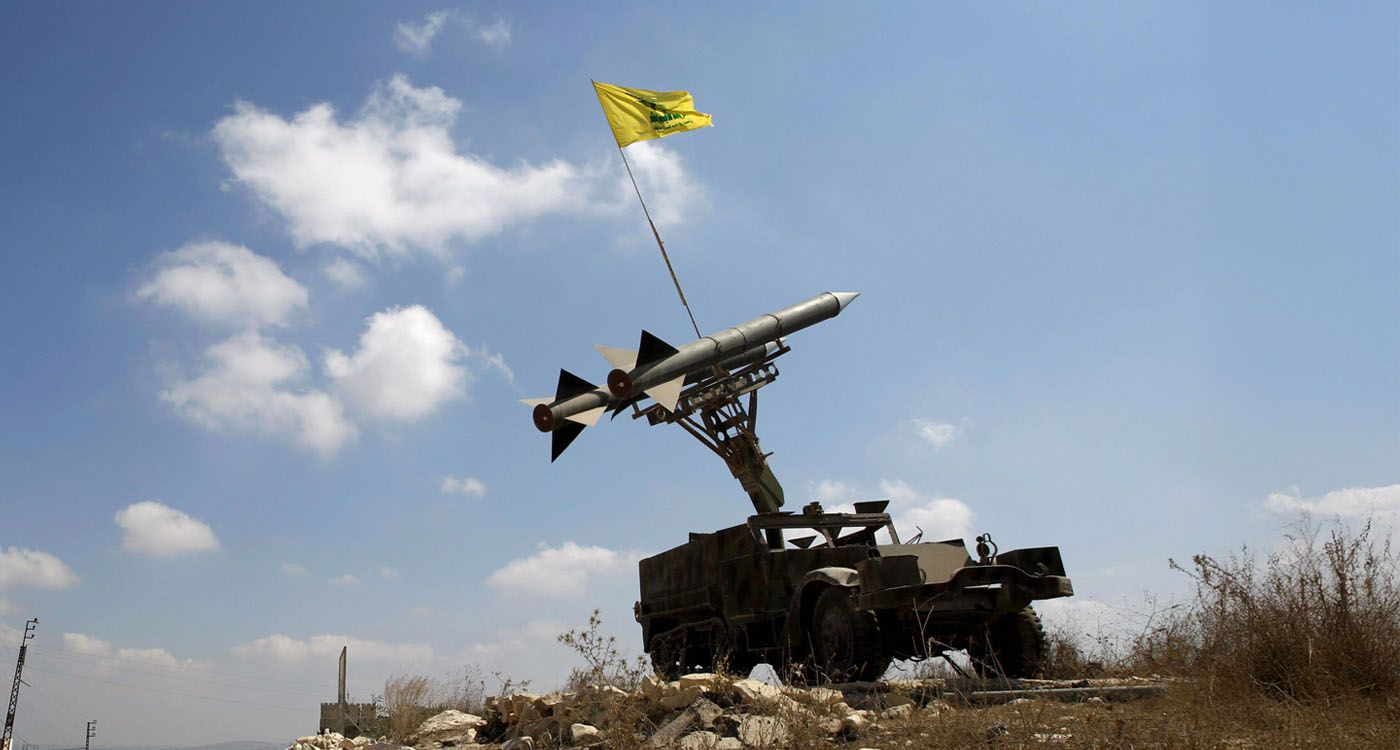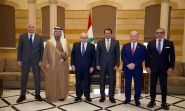
President Joseph Aoun’s statement that he is holding talks with Hezbollah over its weapons and that negotiations are progressing slowly was especially noteworthy. Progressive Socialist Party leader Walid Joumblatt’s remarks were equally notable, as he called on Hezbollah to give up its heavy weaponry, deeming it ineffective in confronting Israel.
Informed sources reveal that Hezbollah has received several domestic and international requests to surrender its advanced weapons, particularly its precision missiles and drones, while being allowed to retain other arms, including anti-tank weapons. The leader of the party’s parliamentary bloc, MP Mohammad Raad, was given such a request by a senior official. He gave no immediate response but promised to follow up, a promise that remains unfulfilled. That silence may well align with the party’s consistent public stance, reiterated by its leadership and Secretary-General: Hezbollah will not relinquish any of its weapons.
The same sources note that Hezbollah maintains active communication only with House Speaker Nabih Berri, while contact with the president and prime minister is limited and sporadic, citing security concerns. In fact, senior Lebanese officials say the party is unwilling to engage in any meaningful discussion or dialogue regarding its weapons. Those attempting to engage Hezbollah on this issue may find themselves waiting for years without a direct response, aside from the usual rhetoric delivered in speeches and public statements.
Lebanese government officials have come to accept that Hezbollah may hold on to its weapons for years to come. However, the party itself has no intention of surrendering them and is, in fact, increasingly determined to maintain its arsenal. The reasons are many. First, handing over its weapons would amount to admitting defeat, a notion entirely alien to Hezbollah’s ideology. Second, it would mean abandoning the very community that has made tremendous sacrifices in support of the party. Third, it would require abandoning the goal of eliminating Israel, thereby undermining the very foundation of Hezbollah’s existence. Fourth, it would mean relinquishing the leverage and political influence the party wields within Lebanon, resulting in a significant loss of power.
Official Lebanese sources describe Hezbollah’s arsenal as the group’s lifeline, despite the risks it poses to Lebanon’s stability. They highlight mounting signs that the United States and its allies, including several Arab countries, are preparing to withdraw entirely from Lebanon. This withdrawal would leave the country isolated, with no reconstruction aid, no new investments and no meaningful international or regional support. It could also lead to severe pressure, including the suspension of military and financial assistance to the Lebanese army, the country’s last line of defense. Such a scenario would push Lebanon closer to collapse. Against this backdrop, the sources question whether it would not be wiser for Hezbollah to transfer its weapons to the Lebanese army rather than risk their destruction in repeated Israeli airstrikes.
Sources say the Lebanese government is caught between two pressing challenges: escalating Israeli pressure on one side and Hezbollah’s steadfast refusal to disarm on the other. This deadlock has left the authorities paralyzed, unable to confront Israel yet unwilling to challenge Hezbollah for fear of sparking a civil war. However, as tensions mount, Lebanon faces the prospect of outcomes potentially more destructive than civil war itself.




Comments